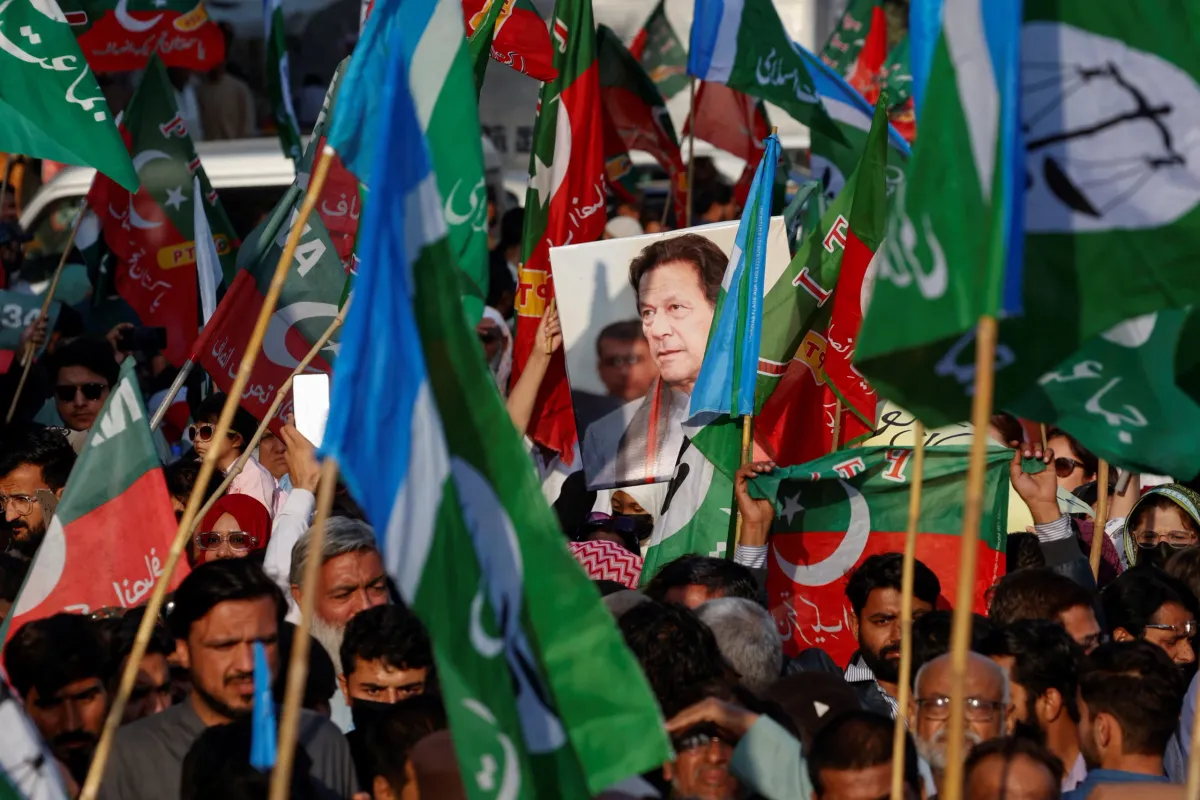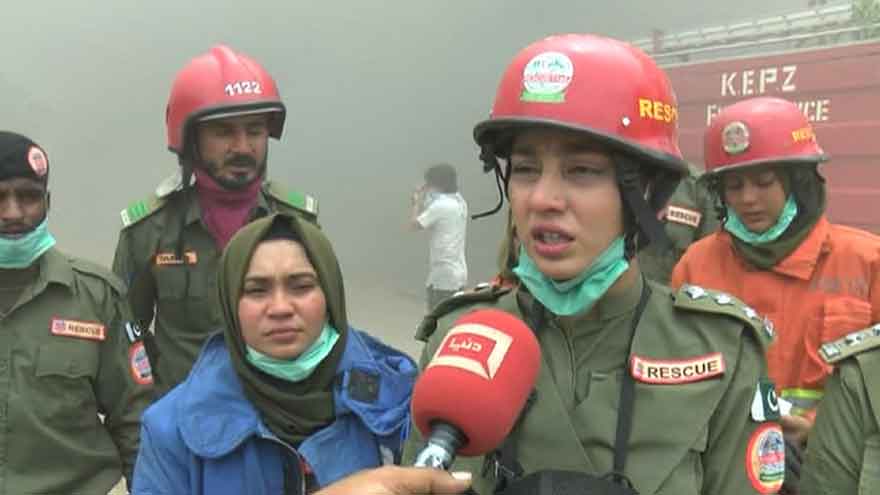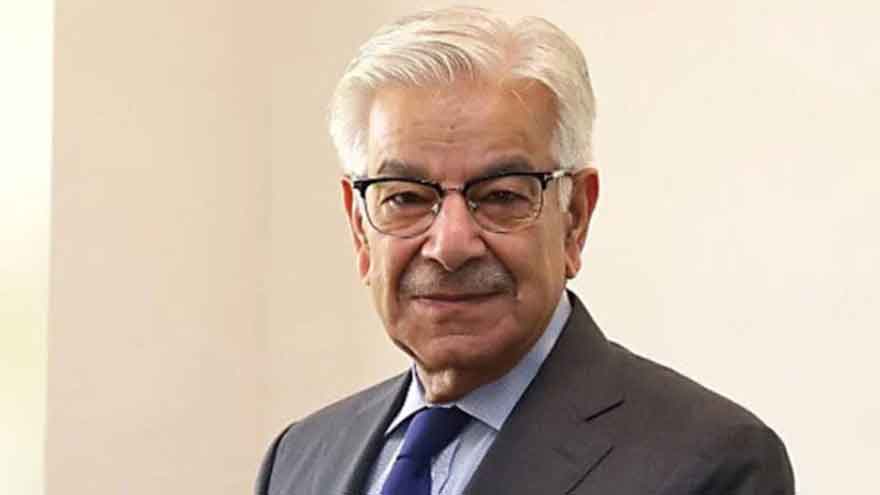Supreme Court ruling boosts PTI's prospects for 65 controversial seats

LAHORE, July 12: In a significant development, the Supreme Court's five-eight majority decision has brightened the chances for Tehreek-e-Insaf (PTI) to secure 65 of the 77 disputed seats in the National and Provincial Assemblies.
Following the Supreme Court's verdict, a total of 77 seats allocated by the Election Commission were deemed controversial. This includes 22 seats in the National Assembly and 55 seats in the Provincial Assemblies, comprising 20 of the 60 seats reserved for women, three minority seats, 27 seats from Punjab, 13 from Khyber Pakhtunkhwa, and two from Sindh Assembly.
Previously, the Election Commission had allocated 40 out of the 60 reserved seats for women in the National Assembly, distributing 20 seats to Punjab, 10 to Khyber Pakhtunkhwa, 14 to Sindh, and four to Balochistan. Additionally, seven out of the 10 seats reserved for minorities in the National Assembly were allotted, leaving three vacant.
The Election Commission initially allocated 16 seats to Pakistan Muslim League-Nawaz (PML-N), five to Pakistan People's Party (PPP), and one each to Muttahida Qaumi Movement (MQM) and Jamiat Ulema-e-Islam (JUI).
PTI is anticipated to gain 20 of the reserved seats for women and three minority seats. Following the Supreme Court's decision, PTI is likely to secure 27 additional seats in Punjab. The Punjab Assembly comprises 371 members, with 297 elected to general seats, 66 reserved for women, and seats for minorities. PTI currently holds 108 seats in the Punjab Assembly and is expected to gain 24 reserved seats for women and three for minorities.
PTI is projected to gain 13 seats, including 10 reserved for women and three for minorities. Khyber Pakhtunkhwa has 45 seats in the National Assembly, with 21 reserved for women and four for minorities.
PTI is expected to secure two of the reserved seats for women and one minority seat.
The Election Commission had suspended 77 controversial reserved seats across the National and Provincial Assemblies following the Supreme Court's order setting the stage for PTI's potential gains in these regions.




